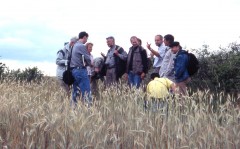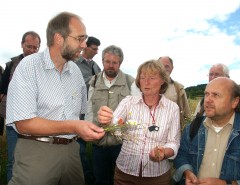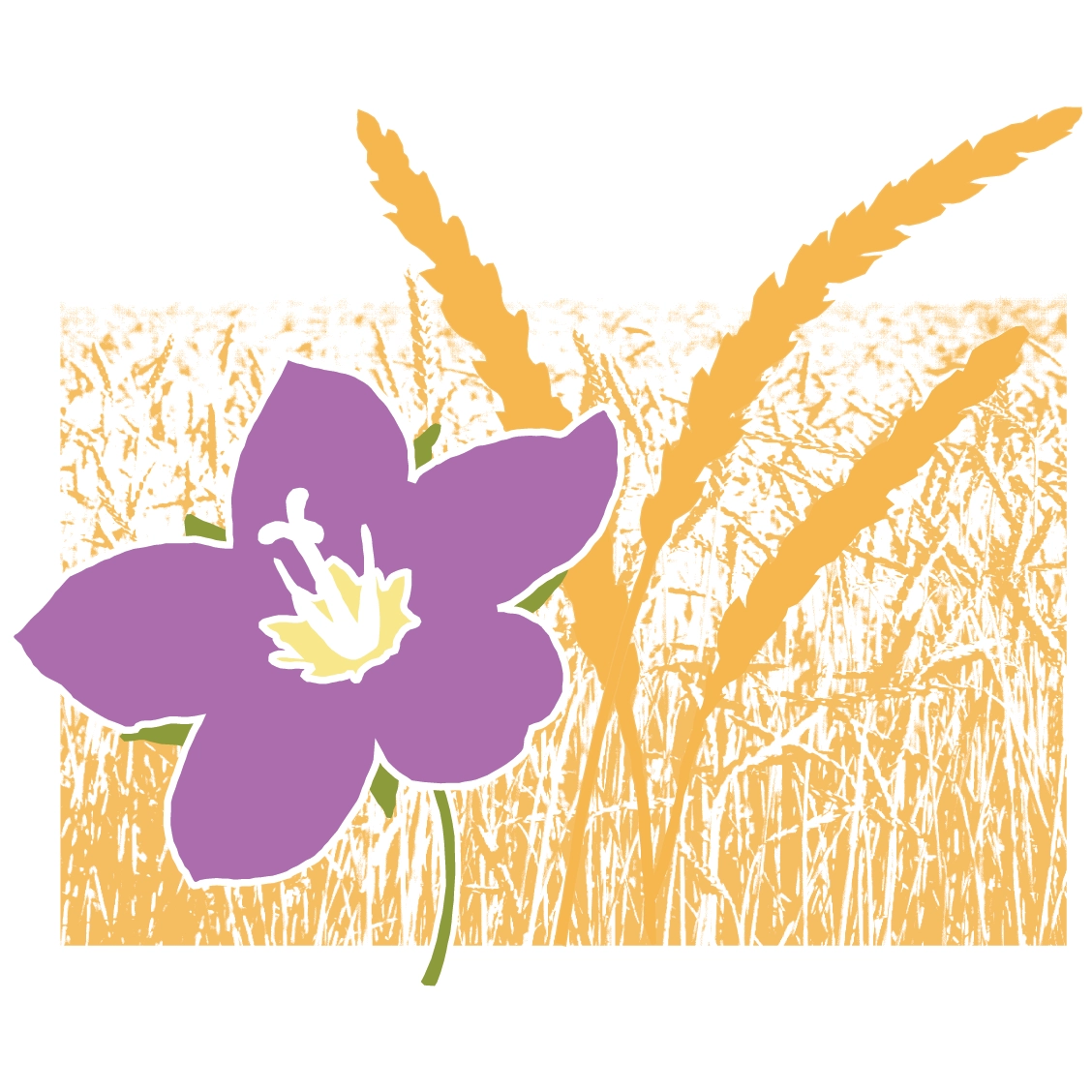
…like cornflower, poppy and chamomile have been colourful companions of arable crop production for hundreds of years. About three quarters of all arable weed species occurring in Germany were first introduced to Central Europe along with cereal cropping. Increasing economic pressure within the agricultural sector and the resulting intensification of weed control with herbicides over the last few decades have resulted in an increasing loss of species in arable field habitats. Nowadays, every second arable weed species can be found on the Red List Data Book of at least one German federal state.
Species decline due to intensive farming
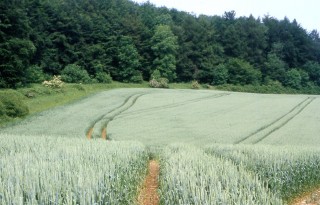
Intensively managed cereal fields no longer provide adequate habitat for many animal species which are directly or indirectly dependant on arable weed species as food sources. The fauna of arable fields has declined sharply as a result.
In addition to chemical weed control, measures such as seed cleaning, improved soil cultivation, early stubble clearing and changes to the site from lime application, fertilisation and drainage have contributed to a dramatic loss of biodiversity in arable fields.
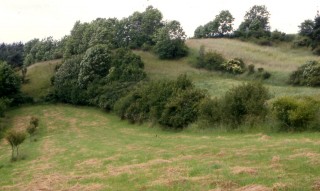
Species decline due to set-aside
In the Central German uplands in particular, but also on poor sandy sites in the lowlands, arable fields have been abandoned. Set-aside or conversion into grassland mainly affects those sites that have traditionally been cultivated less intensively and therefore act as refuges for endangered species. Annual species that complete their vegetation cycle within one year after soil cultivation face adverse growth conditions when cultivation is discontinued and are often suppressed by perennial species.
What are arable wild plants?
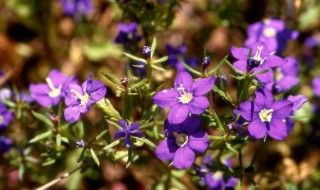
Under ecological aspects arable wild plants are species occurring together with the crops on the fields. Their mode of living and habitat requirements are adjusted to those of crops. Arable wild plants are depending on field work and the life-cycle of cultivated crop plants. They are succeeded by perennial plants soon after the soil cultivation stops.
Sustainable conservation objectives are required!
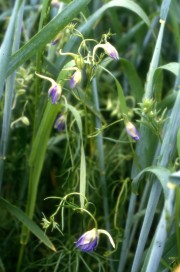
Efforts to protect endangered arable species have been going on for almost 50 years.
Programmes for field margin strips in the 1980s were especially successful. However, they have almost ceased due to the high administrative effort involved and changing subsidy policies. Many field flora reserves within the former German Democratic Republic have not survived German reunification. Arable weed species are dependant on appropriate cultivation of the fields by farmers. Close cooperation with local farmers is therefore a central concern of this project. Based on the current problems, a call for new, sustainable conservation objectives has been put forward in the „Karlstadt position paper“ published in 2005.
